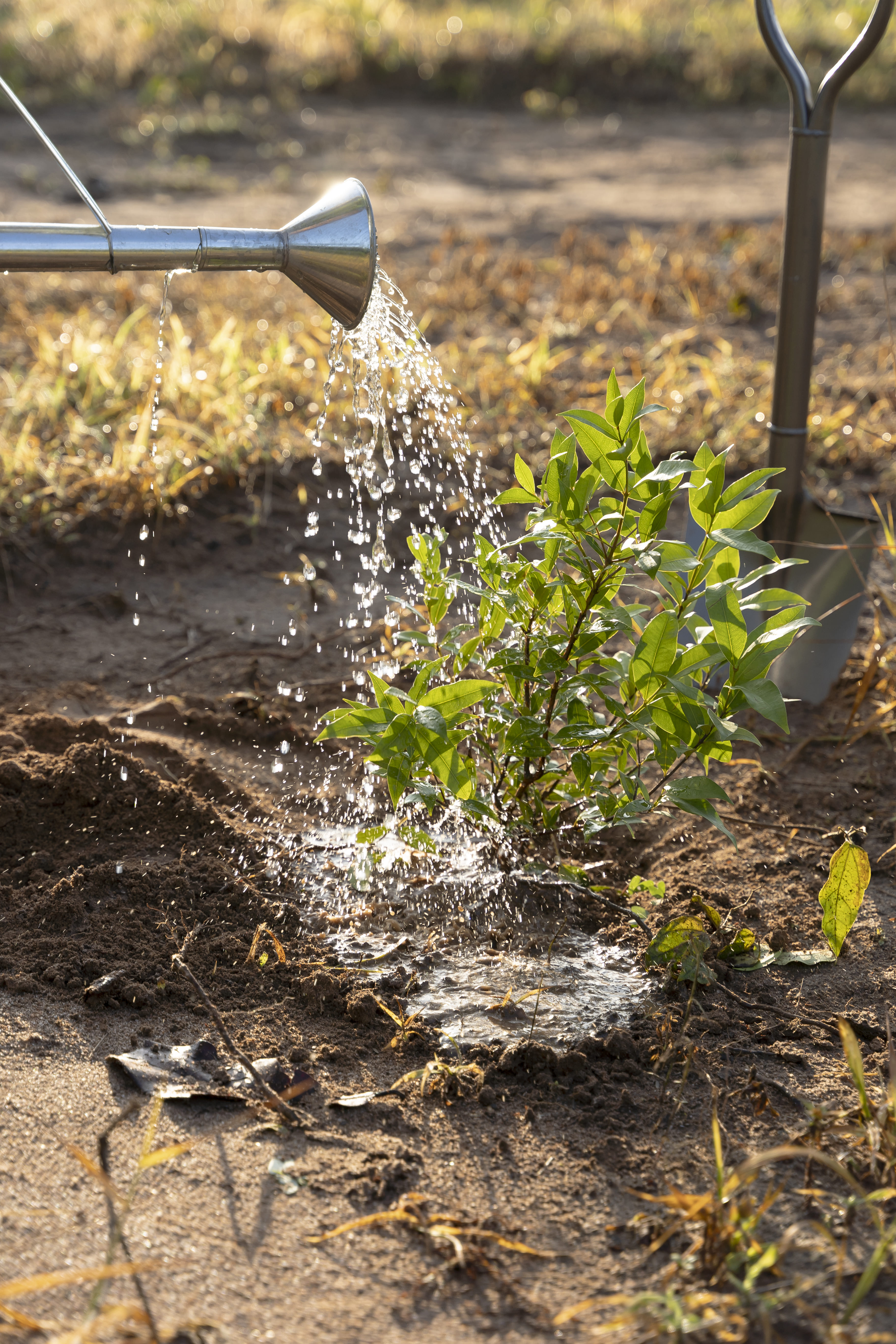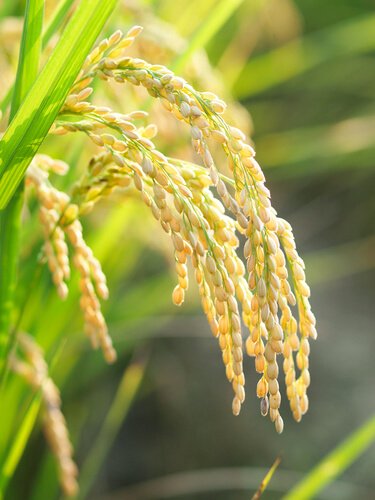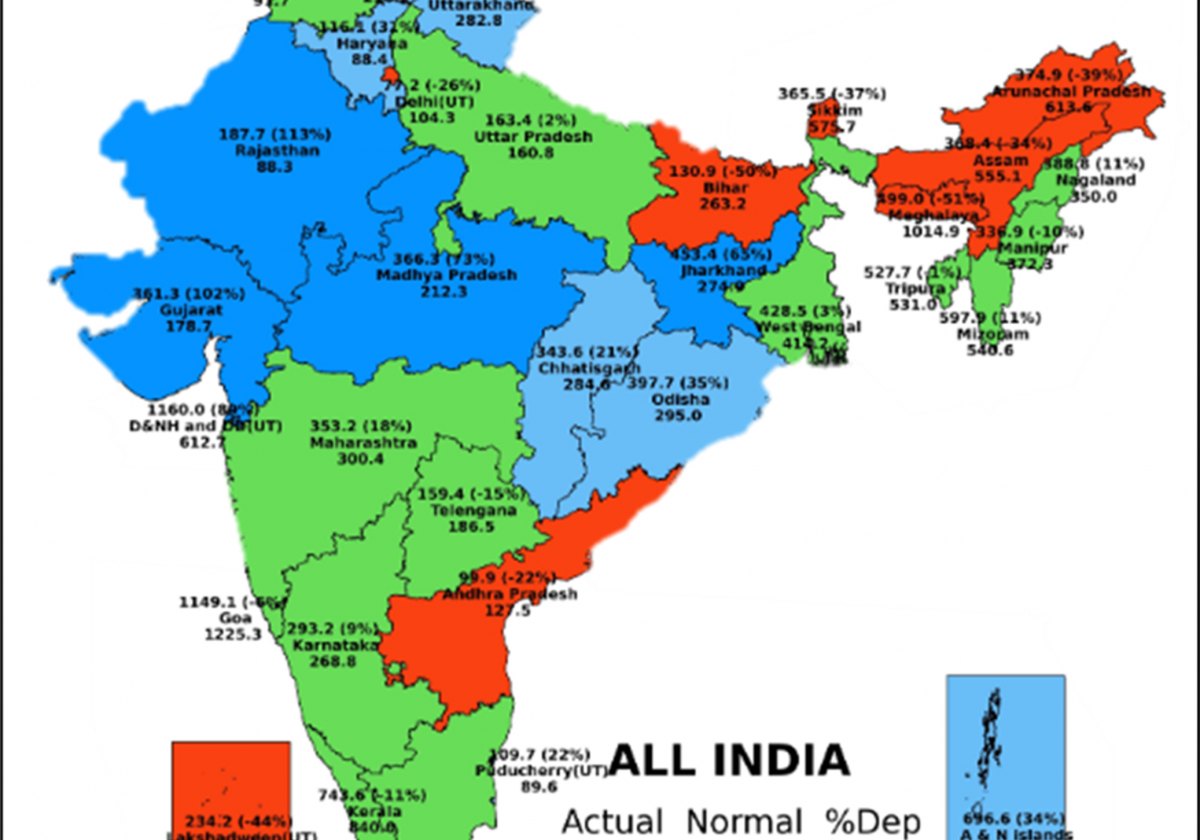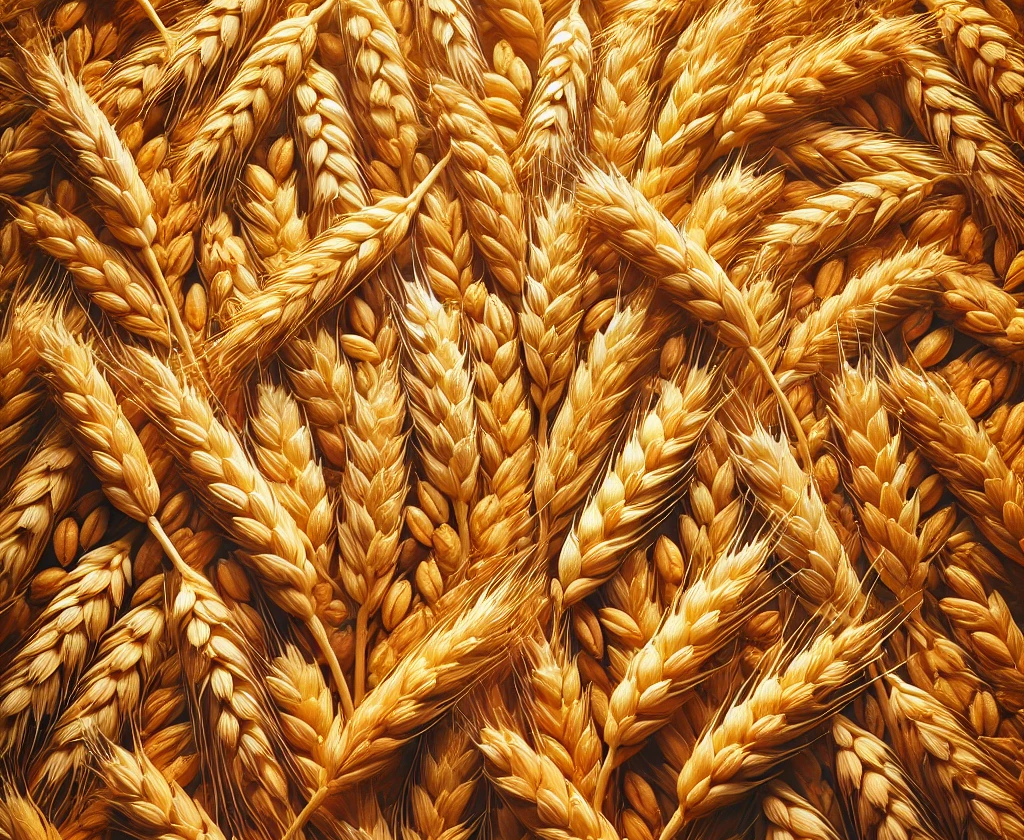Precision agriculture is trending in India and growing exponentially. Not to forget, such modern farming techniques are essential to improving farmers’ incomes and livelihoods!
According to an Inkwood Research report, the smart agriculture market in India is growing at a CAGR of 13.38% and is expected to garner a revenue of $886.21 million by 2028. Critical innovations in modern farming technology are revolutionising agriculture, enhancing productivity, and promoting sustainable practices for Indian farmers.

Some of the most adopted methods in modern farming technology are as follows:
- Drones are becoming indispensable as they facilitate aerial surveys, monitor crop health, and assist in precision spraying of fertilisers and pesticides. This reduces labour costs and increases efficiency, ensuring timely interventions and improved crop management.
- Hydroponics, a soilless farming technique, is gaining traction in urban and peri-urban areas. It not only allows for the cultivation of plants in nutrient-rich water solutions, significantly reducing water usage and eliminating soil-borne diseases, but also contributes to a greener environment. Globally, it was valued at USD 17457.46 million in 2022 and is expected to expand at a CAGR of 7.08%, reaching USD 26321.93 million by 2028.
- Precision farming leverages technologies like GIS & GPS to optimise field-level management concerning crop farming. Explore Agribhumi by agribazaar, that is an ML-based tool that uses data from soil samples, weather forecasts, and satellite imagery to guide farming decisions, resulting in better resource allocation, reduced input costs, and increased yields.
- Agriculture sensors provide real-time data on soil moisture, temperature, and nutrient levels, enabling farmers to make informed decisions, ensuring optimal crop growth conditions and efficient use of water and fertilisers.
- Artificial intelligence (AI) offers predictive analytics and decision support to analyse vast amounts of data to forecast weather patterns, predict pest infestations, and recommend best practices for crop management. For example, AI can predict a pest infestation before it occurs, allowing farmers to take preventive measures and avoid crop losses.
- Biotechnology enhances crop resilience and yield by developing genetically modified (GM) crops. These crops are engineered to withstand harsh environmental conditions, resist pests and diseases, and improve nutritional content, thereby supporting food security in India.
- The Internet of Things (IoT) integrates various technologies to create intelligent farming ecosystems. IoT devices collect and transmit data from farm operations, enabling automated irrigation, fertilisation, and pest control systems.

agribazaar is guiding Indian farmers towards modern, sustainable, and better farming practices. The app provides access to markets real-time market information, expert advice, and advanced tools. agribazaar’s services like AgriKnow (GAP) help farmers make informed decisions, adopt new technologies, and connect with buyers directly through its trading platform, enhancing their income and promoting sustainable agriculture.
Conclusively, modern farming technology in India is paving the way for a more productive and sustainable agricultural sector, with platforms like agribazaar contributing to the transformation.








 Connect With Us
Connect With Us